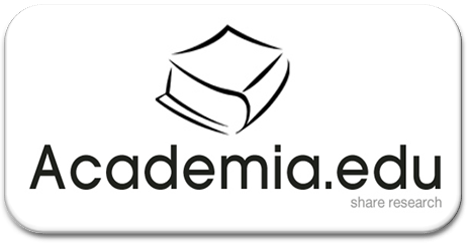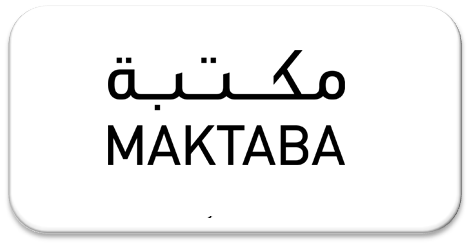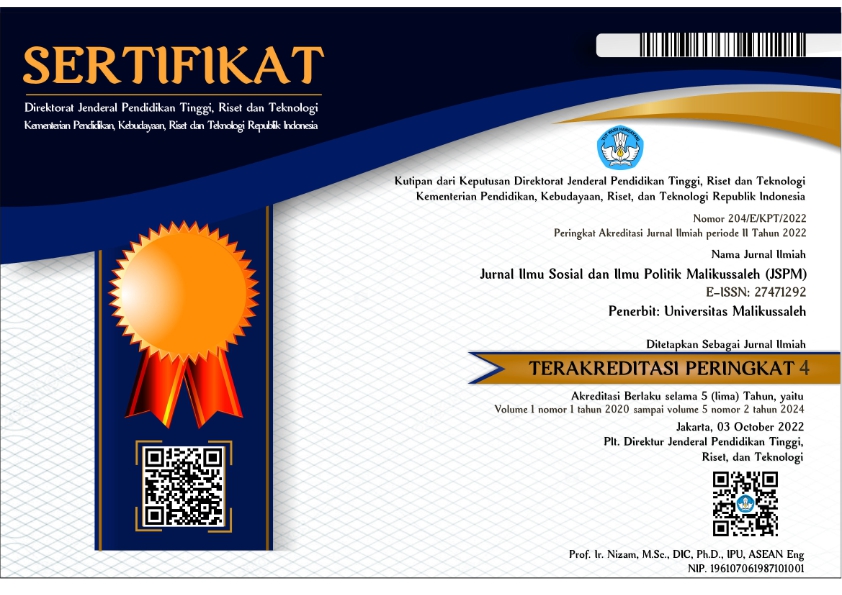TRANSFORMASI KEBIJAKAN DAN REGULASI KOMUNIKASI SIARAN TV ANALOG KE DIGITAL DI INDONESIA
Abstract
Equitable distribution of information development in Indonesia aims to expand access to information and support equitable development for all levels of society. This is important to ensure prosperity, welfare, and social justice for the people. The transformation of mass communication in the digital era demands good, appropriate, and useful policies and regulations. One of the important policies is the change from Analog TV broadcasting to Digital TV in accordance with Law Number 11 of 2020 concerning Job Creation. This change reflects a significant transformation in the world of broadcasting, following the development of information and communication technology. Digitalization has changed the way information is delivered, received, and consumed, having a major impact on mass communication practices. This transformation opens up new opportunities but also presents great challenges, especially in the outermost, remote, and frontier (3T) regions. Equal Access to Information and Communication (PARI) is a priority in this policy. Although the internet has become part of human rights, there are still villages that have not yet been reached by broadband internet. Low internet speeds are a major problem. The process of switching from Analog to Digital TV aims to optimize limited frequencies, improve broadcast quality, and ensure interference-resistant broadcast stability. For this reason, further investment in digital infrastructure is needed, especially in the 3T region.
Keywords
Full Text:
PDFReferences
Anggraini, L., & Rahayu, S. (2019). Pengaruh Karakteristik Pemerintah Daerah Terhadap Kinerja Pemerintah Daerah (Studi Pada Pemerintah Kabupaten/Kota di Provinsi Jambi). JAKU (Jurnal Akuntansi & Keuangan Unja)(E-Journal), 4(1), 45–56.
Fadhli, M., & Prasetyo, M. A. M. (2022). PENDEKATAN KONFLIK ORGANISASI TERHADAP MADRASAH EFEKTIF KERANGKA KONSEPTUAL. Hijri-Jurnal Manajemen Pendidikan Islam, 11(2), 193–205.
Firdaus, M. F., & Deni, F. (2023). Perlindungan Hukum Bagi Generasi Z Sebagai Konsumen Media Sosial Di Platform Tik Tok. YUSTISI, 10(3), 131–140.
Hendraningrat, D. K., & Setiawan, D. (2017). Roadmap Broadband Indonesia Menuju Era Teknologi 5G. Elex Media Komputindo.
Pramova, E., Locatelli, B., Mench, A., Marbyanto, E., Kartika, K., & Prihatmaja, H. (2013). Mengintegrasikan Adaptasi ke dalam REDD+: Dampak Potensial dan Rentabilitas Sosial di Setulang, Kabupaten Malinau, Indonesia (Vol. 114). CIFOR.
Purba, O., Syamil, A., Nooraini, A., Sepriano, S., & Gunawan, A. F. (2023). Dasar Hukum & Analisis Tata Kelola Ibu Kota Negara Dari Berbagai Bidang. PT. Sonpedia Publishing Indonesia.
Ramadlan, M. F. S. (2022). Politik media, media politik: Pers, rezim, dan kemunduran demokrasi. Universitas Brawijaya Press.
Setiawan, A. B. (2018). Revolusi bisnis berbasis platform sebagai penggerak ekonomi digital di Indonesia. Masyarakat Telematika Dan Informasi: Jurnal Penelitian Teknologi Informasi Dan Komunikasi, 9(1), 61.
Setiawan, D. (2017). Kebijakan Komunikasi Internasional Indonesia. JURNAL SIMBOLIKA Research and Learning in Communication Study, 3(1), 22–33.
Shadiqin, S. I., Fuadi, T. M., & Ikramatoun, S. (2023). AI dan Agama: Tantangan dan Peluang dalam Era Digital. Jurnal Ilmu Sosial Dan Ilmu Politik Malikussaleh (JSPM), 4(2), 319. https://doi.org/10.29103/jspm.v4i2.12408
Sinaga, E. M. C., & Putri, M. C. (2020). Formulasi Legislasi Perlindungan Data Pribadi dalam Revolusi Industri 4.0. Jurnal Rechts Vinding: Media Pembinaan Hukum Nasional, 9(2), 237.
Sinambela, S. S. (2023). Proses Analog Switch-Off Menuju Televisi Digital (Studi Kebijakan Penyiaran Televisi Digital di Indonesia).
Situmeang, S. M. T. (2021). Penyalahgunaan data pribadi sebagai bentuk kejahatan sempurna dalam perspektif hukum siber. Sasi, 27(1), 38–52.
Sugeng, S. P., & SH, M. H. (2024). Hukum Telematika Indonesia: Edisi Revisi. Prenada Media.
Surahman, E., Santaria, R., & Setiawan, E. I. (2020). Tantangan pembelajaran daring di Indonesia. Kelola: Journal of Islamic Education Management, 5(2), 89–98.
Teliana, N., Suhendra, S., Ramadini, G. A., Ghifari, M. A. G. M. A., Nurhanifah, N., & Saputra, R. M. (2024). Strategi Membangun UMKM Unggul Dengan Paningkatan Kemampuan Pemasaran dan Inovasi Kemasan Melalui Digital Marketing di Desa Cibuntu. Jurnal Ilmu Sosial, Manajemen, Akuntansi Dan Bisnis, 5(1), 37–49.
Theofillius Baratova Axellino Kristanto, & Aishya Putri, A. (2021). Pengembangan Masyarakat berbasis Aset sebagai Upaya Pemberdayaan Masyarakat melalui Sektor Wisata Kebugaran di Indonesia. Journal of Social Development Studies, 2(2). https://doi.org/10.22146/jsds.2272
Wahyuni, H. I. (2018). Kebijakan Media Baru Di Indonesia:(Harapan Dinamika Dan Capaian Kebijakan Media Baru Di Indonesia). Ugm Press.
Zimmerman, B. J. (2008). Investigating self-regulation and motivation: Historical background, methodological developments, and future prospects. American Educational Research Journal, 45(1), 166–183.
DOI: https://doi.org/10.29103/jspm.v6i1.19360
 Article Metrics
Article Metrics
 Abstract Views : 95 times
Abstract Views : 95 times
Refbacks
- There are currently no refbacks.
Copyright (c) 2025 Kamaruddin Hasan, Hasan Sazali

This work is licensed under a Creative Commons Attribution-ShareAlike 4.0 International License.
INDEXED BY:




.png)









Redaksi Jurnal Ilmu Sosial dan Ilmu Politik Malikussaleh (JSPM): Gedung Fakultas Ilmu Sosial dan Ilmu Politik Universitas Malikussaleh. Kampus Bukit Indah Jln. Sumatera No.8, Kec. Muara Satu Kota Lhokseumawe, Prov. Aceh, Indonesia. eMail: jspm@unimal.ac.id

This work is licensed under a Creative Commons Attribution-NonCommercial-ShareAlike 4.0 International License



.png)



